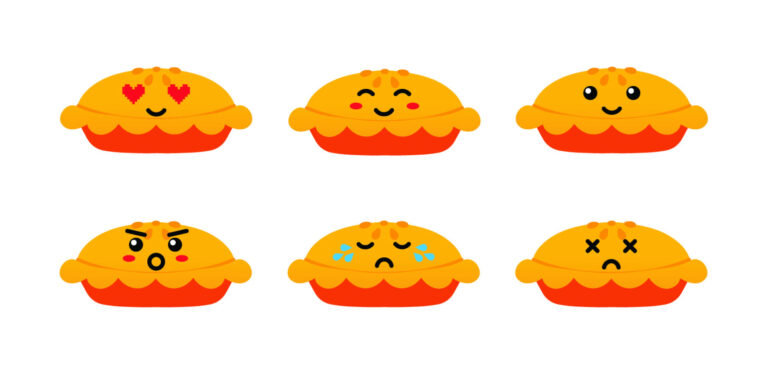As an elder millennial, when I invoke memories of Christmases past, I close my eyes and think about how long December seemed, how desperately I wanted a specific My Little Pony, CareBear, or Barbie, and how every day after Thanksgiving grew more magical. Peppered in are flashes of being one of the Three Wise Men (two years running) in the school Christmas Pageant (I wanted to be an angel but was taller than most of my male and female classmates), sitting on my coat at The Nutcracker, and leaving cookies and milk out for Santa and carrots for Rudolph. Did these things take place? Yes. Are they rooted in contextual reality? No. But they make me miss the magic of Christmas.
Although we were celebrating her birthday, a great friend of mine gave me an unexpected, timely, and life-changing gift yesterday. We were talking about our plans for the holidays, what we had done last year, and what we were going to do this year when she said, “I always feel a specific kind of melancholy this time of year because I miss the magic I felt when I was a child.” My jaw dropped to the point that her eight-month-old baby girl laughed out loud as I realized I was not the only person who felt this specific sadness.
We, by no means, had perfect childhoods. Who does? But we both miss the simplicity, security, and structure of those elementary school holiday seasons and miss them to the point that we cannot seem, in her case, even with small children, to replicate the magic of them in our own adult lives. Even for those adults who do not have positive childhood memories around the holidays or in general, it is common to use holiday movies and songs to identify with a simpler, more secure, and carefree version of ourselves.
Of course, I could not help myself, as I started to research if my friend and I were the only two people who annually experience this type of melancholia. Clearly, we are not. Part of what makes this time of year so special, whether through personal or communal nostalgia, is the feeling that we can always fall back on our community. As adults, we often forget that, which isolates us when we do not need to do that to ourselves.
Whether you serve kakaland, pie, cake, pudding, or kugel, don’t forget that part of evoking the peace of childhood, real, idealized, or imagined, comes from sharing your current worries and stresses with the community you have carefully built as a competent adult. I texted my friend less than two hours later to let her know a weight had been lifted, just knowing that we shared a similar sadness that I did not have the consciousness, let alone courageousness to voice.
This Thanksgiving, trust the people you are thankful for and share with them honestly the hardships and responsibilities you face as an adult. We may get one step closer to experiencing the magic that is a less complicated, more innocent existence.
We’re grateful for you, reader, and we’re always here to support – contact us anytime.


